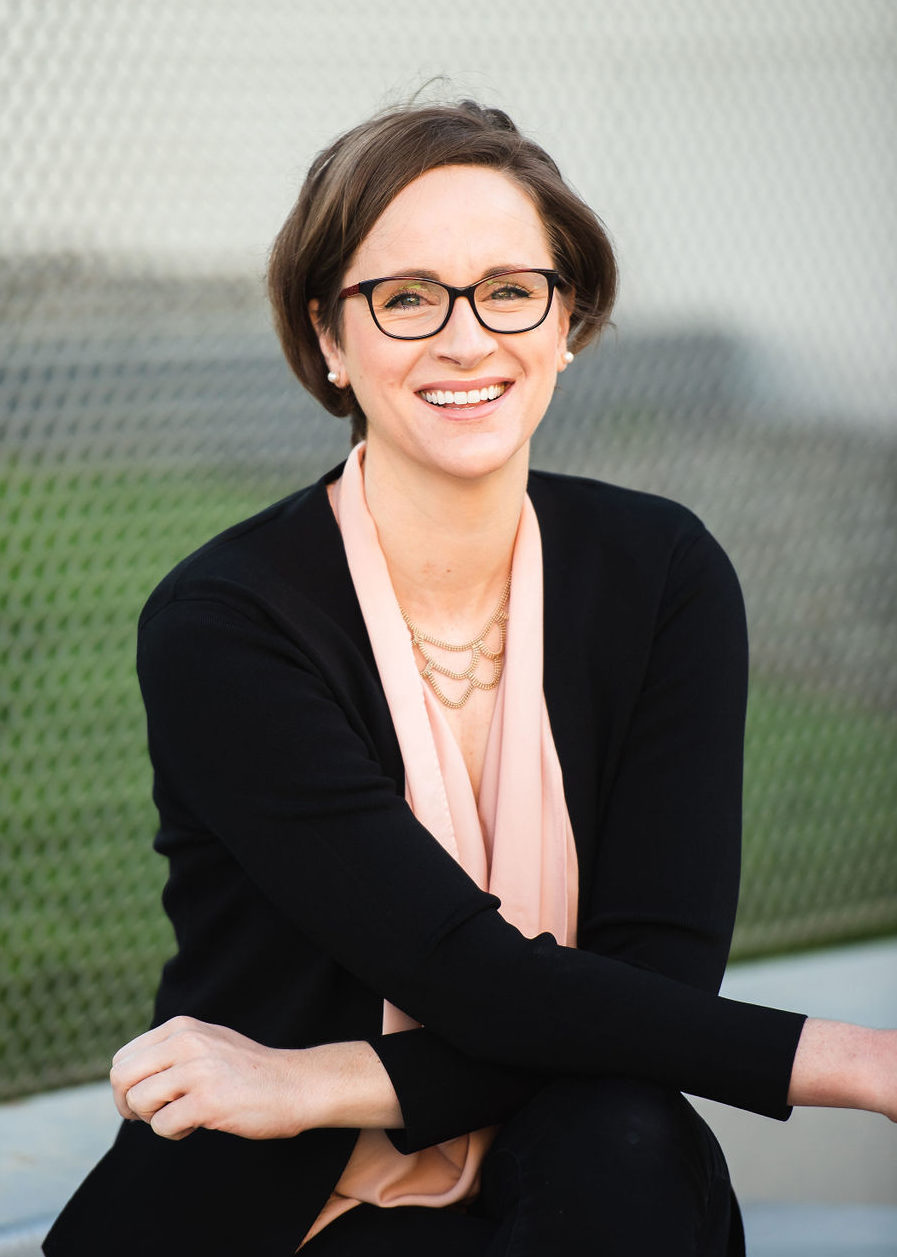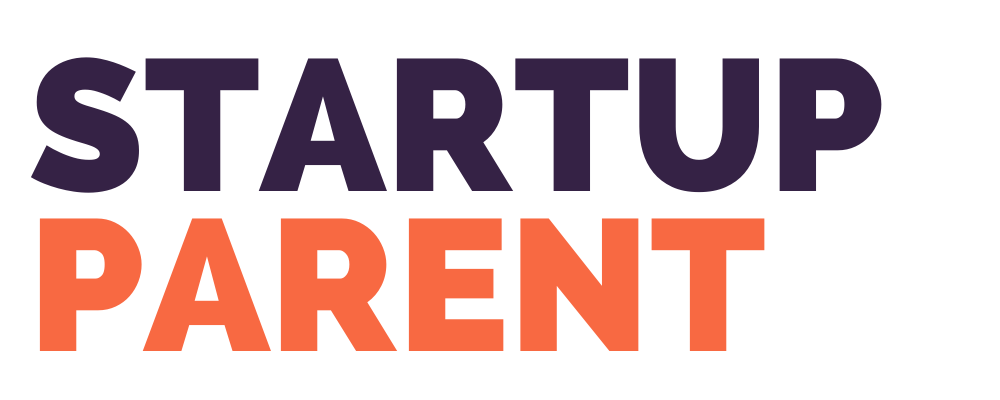Cassandra Speaks: Women and Our Right to A New Form of Power
It’s time we talked about what power looks like for women, and how we claim our right to power—specifically a new feminine form of power.
Elizabeth Lesser, one of the founders of The Omega Institute and the author of the book Cassandra Speaks, has hosted a conference called Women and Power for years. In the early days, people “politely suggested that we not use the word power in the title— that the word was a turn-off; it was too controversial; that women didn’t relate to it; that it scared people.” The idea of power, for women, was something that intimidated and scared people. But why?
For centuries, we’ve told men’s stories, and we’ve told stories about masculine power. That power looks like power over other people, like strength, coercion, domination, and defeat. Women have fought for years to do all the things that men have done, Lesser writes—to vote, to lead, to have sex, to lead universities and companies and societies, to have babies, to leave the house, to leave marriages.
“We climbed, we competed, we conned, we controlled. We did what we had to do in a power structure we had not created, by rules we had not devised, to get our collective foot in the door.”
But along the way, in our effort to attain basic human rights, she argues, “we forgot to protect another right. And that is the right to be exactly who we are, wherever we are. The right, the prerogative, to be proudly and instinctually female as we help set the agenda for human culture and society.”
What if your natural power doesn’t look like what you think it should look like?
What’s missing in the conversations about power is entire other half of what power can look like. We’re steeped in stories, models, and visions of only the masculine models of power. In our culture, we see power over people, and dominating, controlling, or co-ercing as forms of masculine power that many women don’t feel called or compelled by. That’s because we don’t talk about the full range and scope of what power is.

Conversation and community are not just nice-to-haves. They are survival tools, they are resilience tools, and they are also a form of power.
So often we think about connecting with other people as something we should do after work, or post-work, or somehow in the “extra time” that happens on the weekends. (I never know where that time goes, frankly.) One of the reasons that men are traditionally able to leverage up in power is because of the social circles and clubs that they run in. These clubs are all powered by the after-work happy hours, conferences, business lunches, business dinners, and weekend golf tournaments that bolster and support the work weeks. Working women—specifically mothers—are largely stripped of this time and flexibility.
Connection, conversation, communication, nurturing, empathy and the ability to love others is a form of power.
Weaving stories, connecting ideas, giving people space, creating community bonds, nurturing and strengthening each other, and forming empathetic relationships are part of the code of feminine power. This is not something exclusively in the domain of women—it’s available to everyone—but we have left this right in the dust in our quest for masculine power.
“It is time to actualize what Dr. King said: What is needed is a realization that power without love is reckless and abusive.”
Your call to power is a call to embrace both forms: to build your relationships and your network; to deepen your conversations; to build your community, and to rise in asserting yourself, too. We need women to embrace both forms of power and to accept the responsibility to wield and use your power for good. Have you claimed your full power?
Historically, women have been shamed into thinking that power, reach, and influence are too aggressive, bossy, or unfeminine. But the reality is that you’ve been lied to, and you’ve been trapped by social conditioning and expectations.
Here are some of the ways women’s power is marginalized and dismissed:
- Letting men connect and network while women stay home reduces women’s power.
- Silencing women and not telling women’s stories reduces our power.
- The nuclear family model reduces women’s power.
- Leaving women alone with children and stripping them of free time to think, play, or connect with other humans reduces women’s power.
- Dismissing conversation and connection as ‘gossip’ reduces women’s power.
- Teaching women to second guess themselves, to silence themselves, and to wait patiently reduces women’s power.
- Living in a world that treats women’s bodies as secondary to men’s, and says that periods, breasts, babies, uteruses, and other female anatomy is gross or shameful is horrible. Your period is beautiful, your cycle is wildly cool, your hormones are amazing, and your body is incredible with all that it is and does.
Women’s conversations have always had power, but it’s not noticed or recognized. The first step is awareness. Community and connection are not nice-to-haves, and they don’t happen outside of work. They are part of the work we must do to grow—and part of the work we must do to create a new future of family and work. They are keys to your power, but a power rooted in feminine depths that feels good. The power of with, the power of collective, the power of conversation, and the power of being together.
This is your power, and this is your right.
The Wise Women’s Council is designed to elevate women into leadership positions by grounding you in your rightful power—in the ability to connect, share stories, speak voice to what matters, and be seen in all of your light in a group of people willing to deeply and empathetically listen. We give space to power because we give space to you. When you show up in a room full of people giving voice to things that your heart also sings about, you’ll realize how not alone you really are. That, too, is powerful.
Women, your time and space matters. As Eve Rodsky writes, women’s time is not sand—we must treat it like men’s time, like diamonds. The future won’t be written with the same tools that got us here. The future will be built by women stepping into and claiming your right to be who you are.
Claim your power.
ABOUT THE STARTUP PARENT PODCAST
If you're growing a business, leading a team, or figuring out entrepreneurship and you have kids, this podcast is for you. We go in-depth with founders and entrepreneurial parents about what it really takes to have babies, grow businesses, and get a little bit of sleep. Sign up for the newsletter to get new episodes in your inbox. And leave us a review on iTunes.
Listen to The Startup Parent Podcast on Apple ★ Spotify ★ Overcast ★ Stitcher ★ Castbox or wherever you listen to podcasts. Find another podcast player or the RSS feed here.

Sarah K Peck
Founder, Startup Parent
Sarah Peck is a writer, startup advisor, and yoga teacher based in New York City. She’s the founder and executive director of Startup Parent, a media company documenting the stories of women’s leadership across work and family. She hosts the weekly Startup Parent Podcast and Let's Talk, her second podcast. Previously, she worked at Y Combinator backed One Month, Inc, a company that teaches people to code in 30 days, and before that she was a writing and communications consultant.
She’s a 20-time All-American swimmer who successfully swam the Escape from Alcatraz nine separate times, once wearing only a swim cap and goggles to raise $33k for charity: water. She’s written for more than 75 different web publications and and has delivered speeches and workshops at Penn, UVA, Berkeley, Harvard, Craft & Commerce, WDS, and more.
